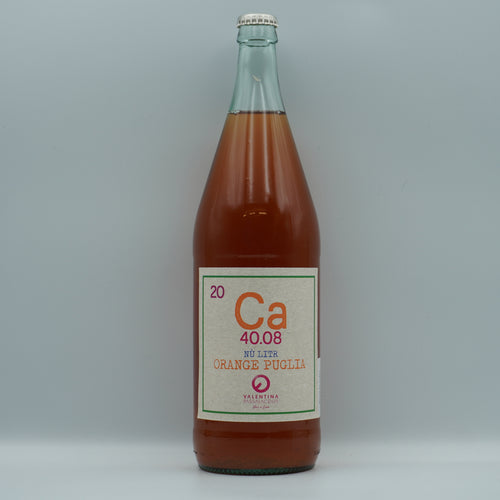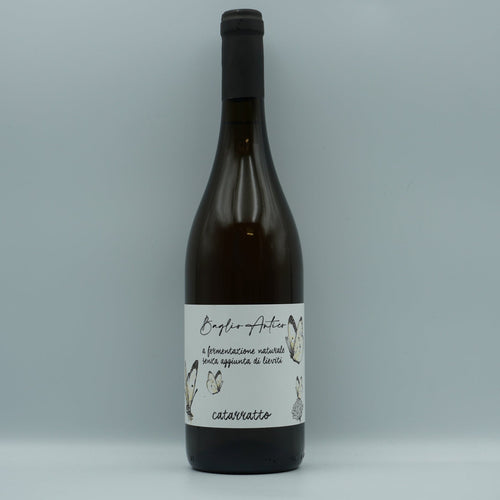SPEND £65 FOR FREE SHIPPING
Everyone loves em’ but it’s pretty hard to nail down a consistent definition! It’ll change dependent on who you speak to, their perception on wine as a whole, and how open they are to new (or old) ideas or change.
Generally speaking, as a minimum, for a wine to be truly ‘natural’ there are a few requisites: organic farming and no additives, processing aids or industrial equipment in the winery. France, Italy and Spain all have their own very strict regulations. In France, governance by S.A.I.N.S allows no additives, however it does permit gross filtration prior to bottling (almost all conventionally made wine found in your local supermarket or offie has been filtered to within an inch of its life). In Spain, the AVN set low SO2 levels of 30 mg/L for red and sparkling and 40 mg/L for white wines. Finally we have VinNatur in Italy, who set an overall level of 50 mg/L for sulphur.
Whilst we’re on the topic, let’s quickly touch on Sulphur. It’s very much a crucial part of wine, and is a naturally occurring preservative which will always be present to some extent in ALL wine. Wines labelled as sans soufre, or no sulphur will mean that there has been no added sulphur during the winemaking process. It takes great farming, healthy grapes, a clean cellar and good winemaker to produce a clean wine with no added sulphur with the stability to mature in bottle.
Back to what it means to be Natural….
Nothing added and nothing taken away during the winemaking and elevage, as well as farming in the most sustainable way possible, whether this be by organics, biodynamics or both. Certification is super expensive, so don’t expect to always see Demeter badges and the likes on natural wines.
You're in safe hands here.








